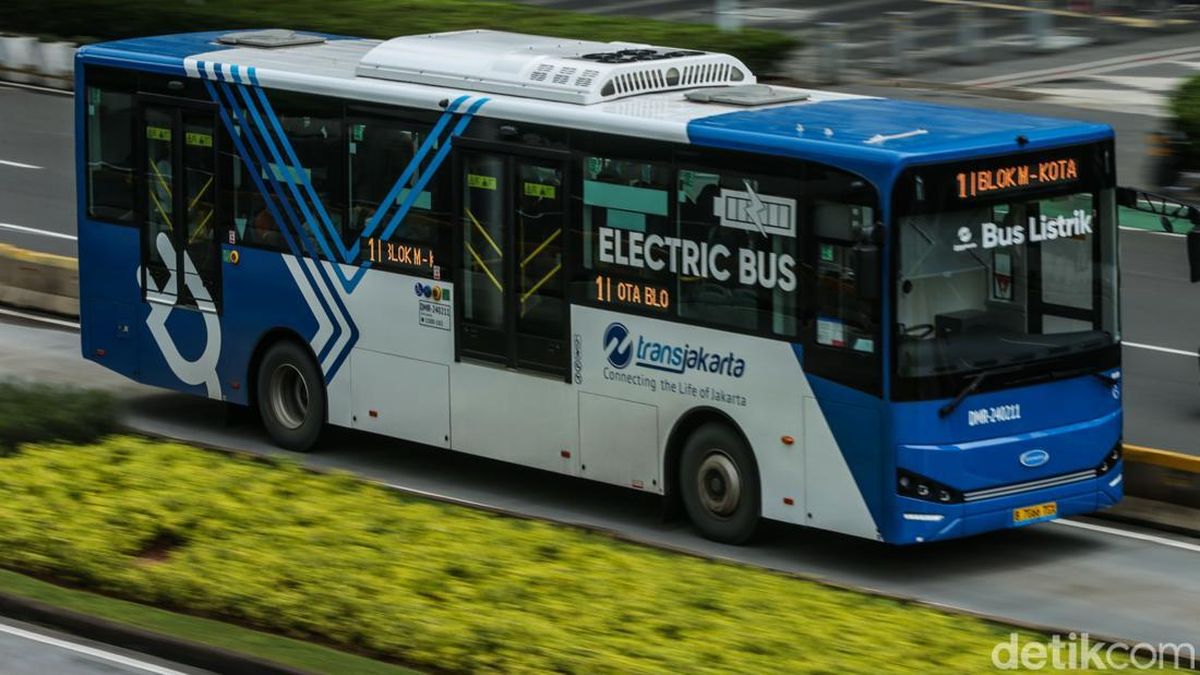
The concept of “sustainability” in transportation is not just about reducing emissions. Instead, it’s about designing systems that meet today’s needs while protecting the future (Reis et al., 2024). Yet in many Sub-Saharan African cities, sustainable transport remains a challenge. With over 55% of the world’s population now living in urban areas and projections showing an increase of 2.5 billion more urban residents by 2050, 90% of whom will reside in Sub-Saharan Africa, the situation is urgent (Ritchie & Rodes-Guirao, 2024). Today, Sub-Saharan Africa is home to over 1.26 billion people, with urban populations growing at an annual rate of 4.1%, the fastest in the world (O’Neill, 2023). Despite efforts to build sustainable urban transportation, things have not been successful. Consequently, up to 95% of daily public urban trips now rely on informal services (Welle et al., 2022).
Jakarta stands on the other flank of the Global South, and its TransJakarta system offers a striking alternative to the narratives usually pulled from Latin America. Launched in 2004, the network borrowed the Bus Rapid Transit (BTR) system sketched out by Colombia’s TransMilenio but repainted it for tomorrows Jakarta. City planners aimed to carve out an inclusive, low-emission, and efficient that would muck through urban gridlock while leaving a lighter footprint.
Today, TransJakarta operates over 4,300 buses, including electric buses, 247 routes, reaching more than 87% of Jakarta’s population and carrying over 1.3 million passengers daily (Badan Pusat Statistik, 2025). This success is not just about numbers; it’s powered by strong political will and integrated policies such as dedicated lanes, subsidies, and innovative public-private partnerships. These efforts even earned TransJakarta the 2021 Sustainable Transport Award from the Institute for Transportation and Development Policy (ITDP) (ITDP Indonesia, 2021).
This raises an important question: How can the TransJakarta BRT inform sustainable public transportation models in Sub-Saharan African cities? My objective is not to present TransJakarta as perfect; rather, I aim to highlight its sustainable best practices as transferable lessons that can be refined and adapted for African contexts.
In doing so, this excerpt offers a holistic look at the sustainability strategies behind TransJakarta, integrating environmental protection, social advancement, and economic prosperity, and how they can inspire the development of sustainable transportation in Sub-Saharan African cities.
The Environmental Protection performance of the TransJakarta BRT
Public transportation is often seen as a greener alternative to private car use, and in Jakarta, this idea has been taken to a whole new level. TransJakarta demostrates that urban transit can be a powerful tool for environmental protection and public health.
The Social Advancement performance of the TransJakarta BRT
Public transport, at its best, offers more than speedy transit; it lays the groundwork for social equity inside the jostle of a busy city. Trans-Jakarta demonstrates how judiciously placed buses can elevate poorer neighborhoods, tighten travel times, and install an everyday sense of safety.
The Economic Prosperity performance of the TransJakarta BRT
Public transportation, far from being a mere conduit for commuters, functions as a catalyst for urban economic dynamism. TransJakarta demonstrates that deliberate investment in clean, inclusive bus rapid transit can spark local innovation, widen the circle of opportunity, and embed resilience into the citys economic framework.
Lessons Learned from TransJakarta for Sub-Saharan African Cities
TransJakarta is more than a bus list; it shows how one route network can deliver both climate dividends and equity gains. The experience lands squarely in the path of Sub-Saharan cities that are sprinting toward population peaks while warning about a warming planet.
Conclusion
TransJakarta offers a practical illustration of what emerges when public transport is viewed as an engine of urban environmental policy rather than a mere utility. By coupling electric and environmentally friendly bus fleets with deliberate inclusivity mandates and adaptive roadway designs, Jakarta has begun to shrink its carbon footprint while expanding rider access and spurring local technology trials. The big lesson? The central takeaway is straightforward yet profound: sustainable transit cannot sit in isolation from broader economic planning; it must be the integrative spine of the green economy. When policy direction, capital deployment, and financial architecture synchronize around sustainability goals delivers results, the payoff ripples outward to cleaner air, stronger communities, and more resilient economies.
This article examines Indonesia’s transition from reactive emergency disaster spending...
This article examines the DRC–Rwanda peace accord through the lens...
This article offers a comparative reflection on how Islam has...
This article examines how youth-led, digitally networked movements are reshaping...
This article examines why forest-based approaches remain critical for addressing...
This article exposes the injustice of Afghanistan’s exclusion from COP30...
This article highlights the significant emotional and mental health burden...
This article defines Code Green as a model of public...
This article analyzes how China’s ambitious green transition serves not...
This article traces how the 2025 UN General Assembly turned...
This article looks at how Indonesia’s provinces with extensive biodiversity...
This article examines how climate change and privatization intersect to...
This article analyzes how Trump’s second time withdrawal from the...
This article critically analyses Pakistan’s worst floods ranging from the...
This article examines the climate vulnerabilities of Pari Island in...
This article traces how Pari Island in Jakarta’s Thousand Islands...
This article explores how ecotourism in Indonesia’s Thousand Islands generates...
This article compares how U.S. Presidents Joe Biden and Donald...
This article explores the devastating impact of human activities such...
This article critically examines the European Union’s Carbon Border Adjustment...
This article confronts the human and ecological cost of Indonesia’s...
This article examines the way in which the electric vehicle...
This article explores how Jakarta’s TransJakarta Bus Rapid Transit system...
The Indonesian government's PSN projects, particularly palm oil-based energy estates,...
Leave A Comment